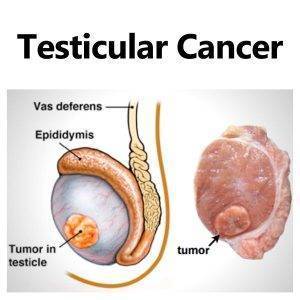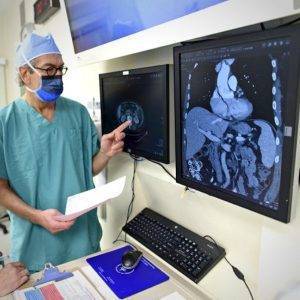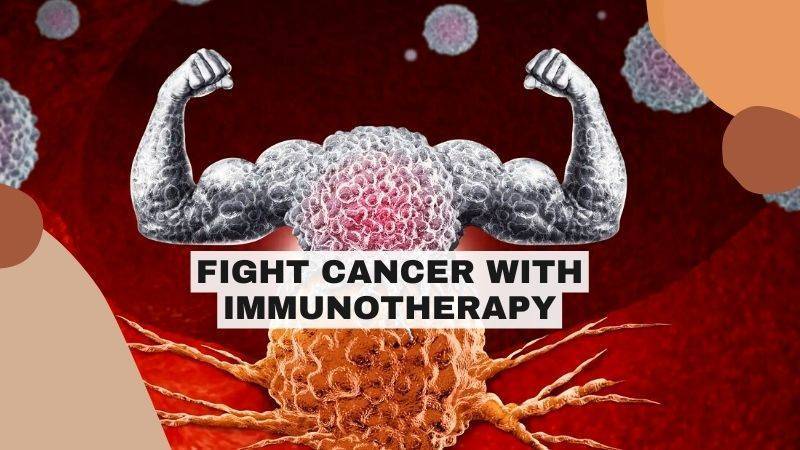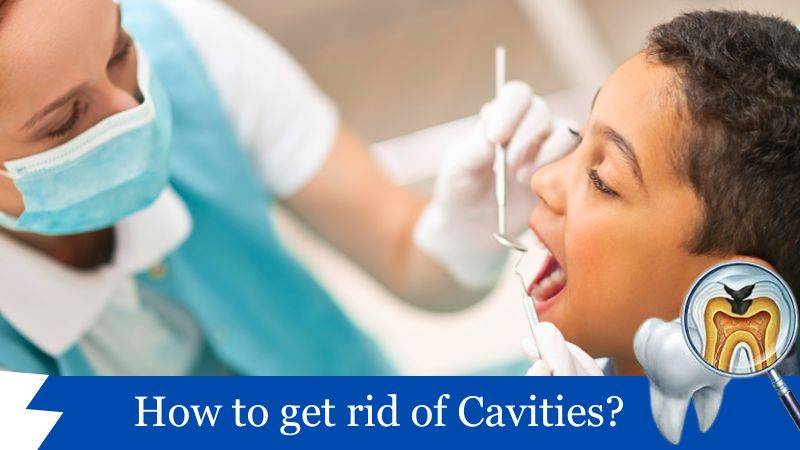“Don’t let cancer take control. Get tested for testicular cancer now.”
What is Testicular Cancer?
Testicles are the two male reproductive organs located in the scrotum. Testicles also known as Testes are responsible for making sperm and Testosterone hormone in the human male body. Testicular cancer affects the testicles and is not a very common type of Cancer. Leading cause of cancer in men mostly between the ages of 15 and 49. This type of Cancer is highly treatable no matter what if spread to other parts of the body.
Testicular cancer affects the testicles and is not a very common type of Cancer. Leading cause of cancer in men mostly between the ages of 15 and 49. This type of Cancer is highly treatable no matter what if spread to other parts of the body.
Early Warning Signs of Testicular Cancer
Here are some of the early warning signs of testicular cancer:
1. A lump or swelling in either testicle
2. A feeling of heaviness in the scrotum
3. A dull ache in the lower abdomen or groin
4. A change in the size or shape of a testicle
5. A sudden collection of fluid in the scrotum
If you experience any of these symptoms, get them checked out by a doctor right away. Early detection is key to successful treatment, so don’t hesitate to talk to your doctor.
How to Talk to Your Doctor About Testicular Cancer Prevention
When it comes to preventing testicular cancer, it’s important to have an open and honest conversation with your doctor. Here are some tips to help you get the most out of your conversation:
1. Ask questions. Don’t be afraid to ask your doctor questions about testicular cancer prevention. Ask about the risk factors, the signs and symptoms, and the best ways to reduce your risk.
2. Be honest. Tell your doctor about any lifestyle factors that may increase your risk of testicular cancer, such as smoking, drinking, or using drugs.
3. Get informed. Learn as much as you can about testicular cancer prevention. Read up on the latest research and ask your doctor for any additional information.
4. Stay proactive. Make sure to schedule regular check-ups with your doctor and follow their advice for cancer prevention.
Benefits of Regular Self-Exams for Testicular Cancer Prevention
Regular self-exams are an important part of testicular cancer prevention. Here are some of the benefits of regular self-exams for cancer prevention:
1. Early Detection: Regular self-exams can help you detect any changes in your testicles early on, which can make a huge difference in the outcome of your treatment. Early detection can lead to more successful treatment and a better prognosis.
2. Increased Awareness: Regular self-exams can help you become more aware of your body and any changes that may be occurring. This increased awareness can help you to be more proactive in seeking medical attention if you notice any changes.
3. Increased Confidence: Regular self-exams can help you to become more confident in your body and your ability to detect any changes that may be occurring. This increased confidence can help you to be more proactive in seeking medical attention if you notice any changes.
4. Improved Quality of Life: Regular self-exams can help you to detect any changes in your testicles early on, which can lead to improved quality of life. Early detection can lead to more successful treatment and a better prognosis, which can help you to live a longer and healthier life.
Lots of research is already done and more research is undergoing to understand how certain changes in a cell’s DNA can cause cancer.
Role of Vaccines in Testicular Cancer Prevention
Vaccines have long been recognized as a powerful tool in the fight against cancer. In recent years, researchers have been exploring the potential of vaccines to prevent testicular cancer. While the results of these studies are still preliminary, the potential for a vaccine to prevent this type of cancer is very exciting.
The most promising vaccine for testicular cancer prevention is the HPV vaccine. This vaccine targets the human papillomavirus, which is known to cause certain types of cancer, including testicular cancer. Studies have shown that the HPV vaccine can reduce the risk of testicular cancer by up to 70%.
Another promising vaccine is the Meningococcal vaccine. This vaccine targets the bacteria that can cause meningitis, which is a serious infection that can lead to testicular cancer. Studies have shown that the meningococcal vaccine can reduce the risk of testicular cancer by up to 50%.
Surgery for Testicular Cancer
 Besides Vaccines, surgery is also another way to cure Testicular Cancer. When this cancer is at a high rate and the vaccine effect is not good then surgery is recommended. Testicular Cancer Surgery is called a Radical Inguinal Orchiectomy. In this surgery, the surgeon removes the infected Testes from the scrotum.
Besides Vaccines, surgery is also another way to cure Testicular Cancer. When this cancer is at a high rate and the vaccine effect is not good then surgery is recommended. Testicular Cancer Surgery is called a Radical Inguinal Orchiectomy. In this surgery, the surgeon removes the infected Testes from the scrotum.
Only 1% male population undergoes such surgery because 99% of the male population survive Testicular Cancer without surgery.
Reduce Your Risk of Testicular Cancer Through Diet and Exercise
Are you looking for ways to reduce your risk of testicular cancer?
Diet and exercise can play a major role in helping you stay healthy and reduce your risk of this type of cancer.
- Eating a healthy, balanced diet is essential for reducing your risk of cancer. Eating plenty of fruits and vegetables, whole grains, and lean proteins can help you maintain a healthy weight and reduce your risk of cancer.
- Limiting your intake of processed and red meats can help reduce your risk.
- Exercise is also important for reducing your risk of cancer.
- Regular physical activity can help you maintain a healthy weight, reduce stress, and improve your overall health.
- Aim for at least 30 minutes of moderate-intensity exercise five days a week.
- Lifestyle changes can make you reduce your risk of testicular cancer.
- Avoiding smoking and limiting your alcohol intake can help reduce your risk.
- Wearing loose-fitting clothing and avoiding hot tubs and saunas can help reduce your risk.






